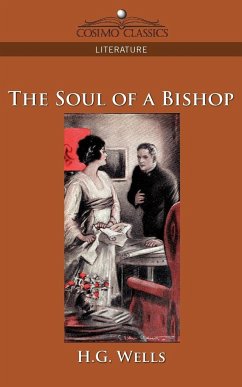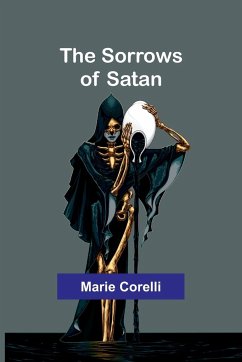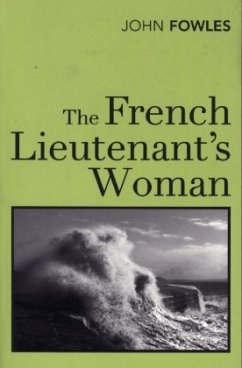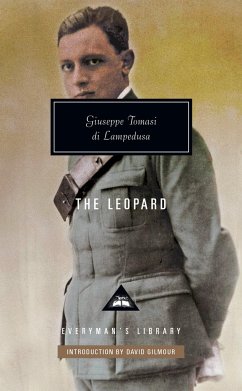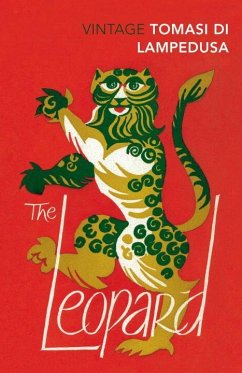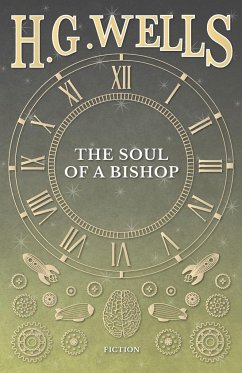
The Soul of a Bishop
Versandkostenfrei!
Versandfertig in 1-2 Wochen
23,99 €
inkl. MwSt.
Weitere Ausgaben:

PAYBACK Punkte
12 °P sammeln!
The Bishop of Princhester has come to doubt the Trinity, as well as a number of other things relating to the Creed. Not only this, but he has come to realise that there are others within the church with doubts-some who even doubt the existence of God. Although the Bishop believes fervently in God, his disagreements with the dogma, creating an inner turmoil that throws his life into chaos. Herbert George Wells (1866 - 1946) was a prolific English writer who wrote in a variety of genres, including the novel, politics, history, and social commentary. "The Father of Science Fiction" was also a sta...
The Bishop of Princhester has come to doubt the Trinity, as well as a number of other things relating to the Creed. Not only this, but he has come to realise that there are others within the church with doubts-some who even doubt the existence of God. Although the Bishop believes fervently in God, his disagreements with the dogma, creating an inner turmoil that throws his life into chaos. Herbert George Wells (1866 - 1946) was a prolific English writer who wrote in a variety of genres, including the novel, politics, history, and social commentary. "The Father of Science Fiction" was also a staunch socialist, and his later works are increasingly political and didactic. Today, he is perhaps best remembered for his contributions to the science fiction genre thanks to such novels as "The Time Machine" (1895), "The Invisible Man" (1897), and "The War of the Worlds" (1898). Many vintage books such as this are becoming increasingly scarce and expensive. We are republishing this book now in an affordable, modern, high-quality edition complete with a specially commissioned new biography of the author. This book was first published in 1923.





